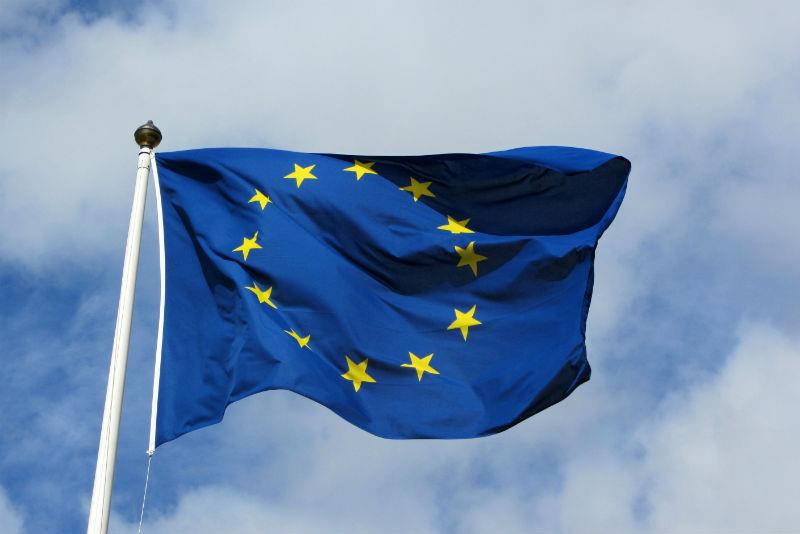Doing nothing about the current economic migrant crisis between Libya and Europe is not an option, sources close to the EU Council said today, adding that instability/uncertainty within the Libyan government is not an argument for doing nothing.
“I think we are all aware of the difficulties in Libya, but that is not an argument for doing nothing. The current situation is completely unsustainable, morally as well. You have a record number of people dying in the central Mediterranean, at the same time EU operations are saving a record number of people in the central Mediterranean. The current situation is no good because it is boosting smugglers’ revenues and it is also undermining Libya.

The EU’s 28 heads of government are currently meeting in Malta for an informal summit on migration. In addition to the longstanding divergent views on how to limit the casualties of migrants trying to get to Europe, there has been much speculation on UK Prime Minister Theresa May’s presence and the looming Brexit talks. Newly elected US President Donald Trumps’ decision to ban people from seven Muslim majority countries has also dominated questions by the press.
Providing further clarification on the proposed EU-Libya deal and how it will address the economic migrants entering Europe, sources close to the talks explained that the deal is based on “upstream philosophy.
“..we basically take it step by step. So we start in the territorial waters of Libya, where we cannot go, but we can help the Libyan coastguard by strengthening them in, training, supporting, in equipping them so that they can better fight the smugglers and better search and rescue people in the boats and take them back to Libya.”
This is the approach EU member states are expected to sign off on during today’s informal meetings. Sources described it as a more determined push to reduce the number of economic migrants coming from Libya to Italy.
“We will work with the Libyans...help the local communities so that they can better host the migrants, so that they are less likely to depart from Libya as well. We will work with International Organisation of Migration (IOM), UNCHR (the United Nations refugee agency), who are already in Libya handling the voluntary settlements and the genuine refugees there.
“We are working on the borders south from Libya, we already have an EU operation down there. We will work with neighbouring countries Tunisia, Egypt, but of course also in this compact framework which our foreign service is doing right now so that we can ensure that once people who have arrived in Europe and have had their asylum claims rejected, will return, which is the case for many people who arrive from Libya.”